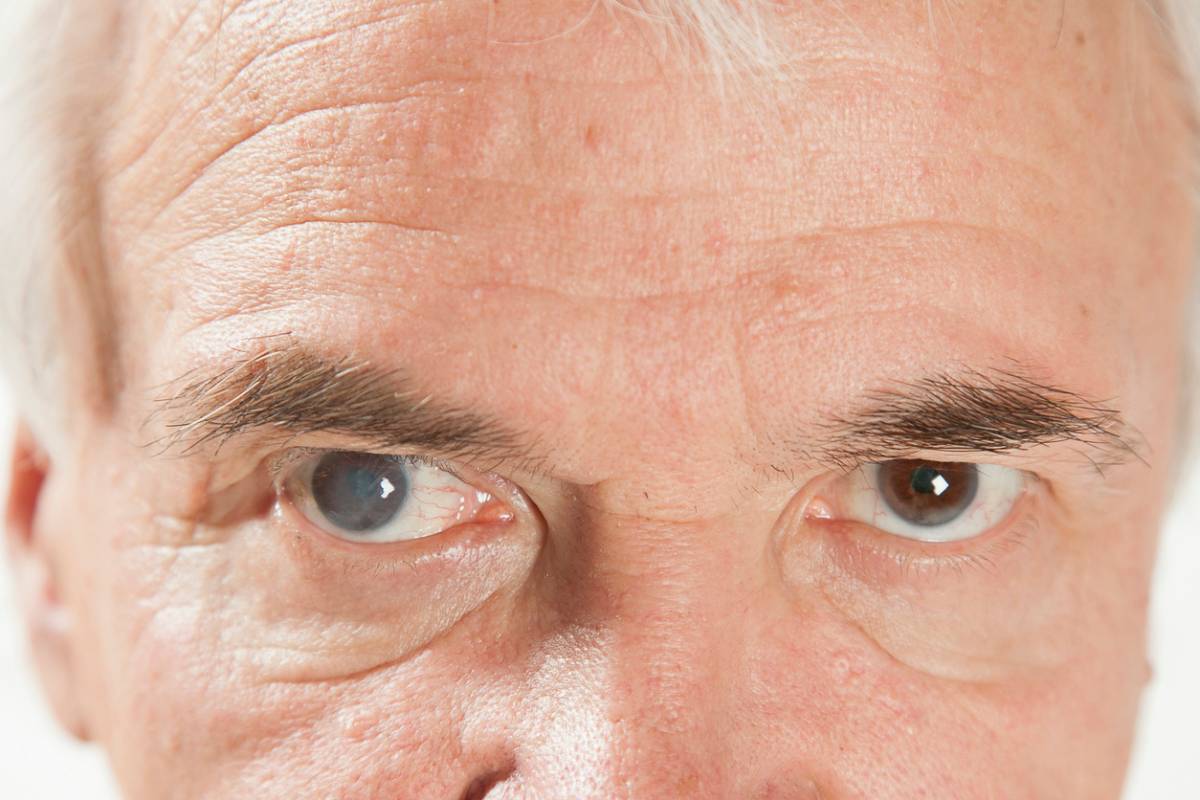Cataracts are an obstructive condition of the eyes that can affect vision. They are cloudy areas that develop in the clear lens, which helps to focus light. Cataracts are a widespread condition that most often develops in one’s old age. More than half of all Americans have cataracts by the time they reach the age of 80.
If you are worried that you might be vulnerable to developing cataracts, take a look at this guide. It can help you recognize the top signs you have cataracts and determine whether or not you can benefit from light-adjustable lens surgery.
What are Cataracts?
Cataracts are cloudy areas of the lens that can slowly begin to blur, haze, or decolor one’s vision. Prior to the onset of these symptoms, cataracts may not significantly impact one’s life as they lie dormant. However, if left unaddressed, cataracts can lead to total vision loss.
Cataracts appear most commonly as a hazy or cloudy section in the eyes. Your physician will be able to diagnose the general severity or subtype of cataracts that you are suffering from.
Cataracts are most commonly caused by aging. That said, they can develop in young people as well, most often after surgeries for unrelated eye issues.
Top Signs You Have Cataracts
Cataracts do not present symptoms at the beginning of their development. However, as they grow and develop, the following symptoms may begin to appear.
- Your vision becomes cloudy or blurry
- You lose your ability to see well at night
- Colors begin to look faded
- Lights begin to seem too bright
- You perceive a “halo” around lights
- You begin to experience double vision
- You begin to have changes to your prescription for your glasses or contact lenses
Many of these symptoms are also present in other types of eye issues, so you should discuss with your physician whether they believe cataracts are the cause of your issues or if another condition is to blame.
Who is at Risk for Cataracts?
The risk of developing cataracts begins to increase as you get older. Other risk factors may increase your chance of developing cataracts, including:
- Smoking tobacco
- Suffering from some health conditions, such as diabetes
- Drinking excessive amounts of alcohol
- Having family members who also suffer from cataracts
- Having had former eye surgeries or eye injuries
- Having spent excessive amounts of time in the sun
- Having used steroids in the past
If any of the above risk factors resonate with you, discuss with your physician whether there is any way to mitigate them.
Preventing Cataracts
There are specific steps you can take to prevent the development of cataracts or prevent them from reaching the point that they begin to obstruct your ability to function in day-to-day life. Some of these precautions include the following:
- Quit smoking: Tobacco can have detrimental effects on one’s health in general. Quitting smoking can help you in your journey to rid yourself of cataracts.
- Protect Your Eyes from the Sun: Wear sunglasses and protective sun gear to prevent overexposure to the sun.
- Protect Your Eyes from Injury: Wear protective eyewear when you are engaged in certain activities, like using power tools or playing sports. Eye protection equipment can help prevent eye injuries from turning into cataracts.
- Eat a Healthy Diet: Eat plenty of healthy foods to keep your body as strong as possible. These include fruits, vegetables, greens, nuts, and whole grains.
The industry standard test for checking for cataracts is through a dilated eye exam. In general, it’s considered beneficial for individuals who are age 60 or older to undergo this exam once every 1 to 2 years. These exams are quickly executed and painless, so they should be recognized as a relaxed operation to engage in. There are several different methods available for treating cataracts, including the following:
- Updating your glasses or contacts
- Home treatments, including wearing anti-glare sunglasses
- Surgery
Surgery is usually reserved for more severe cataracts. Your physician can discuss whether your particular case warrants this treatment.
The Best Eye Doctor in Southern California
Dr. Ghosheh and the rest of the staff at Advanced Eye Medical have a comprehensive suite of techniques and procedures to lessen the impact that cataracts can have on one’s life. If you are experiencing the top signs of having cataracts, consult with our leading eye surgeon and schedule an appointment today.

